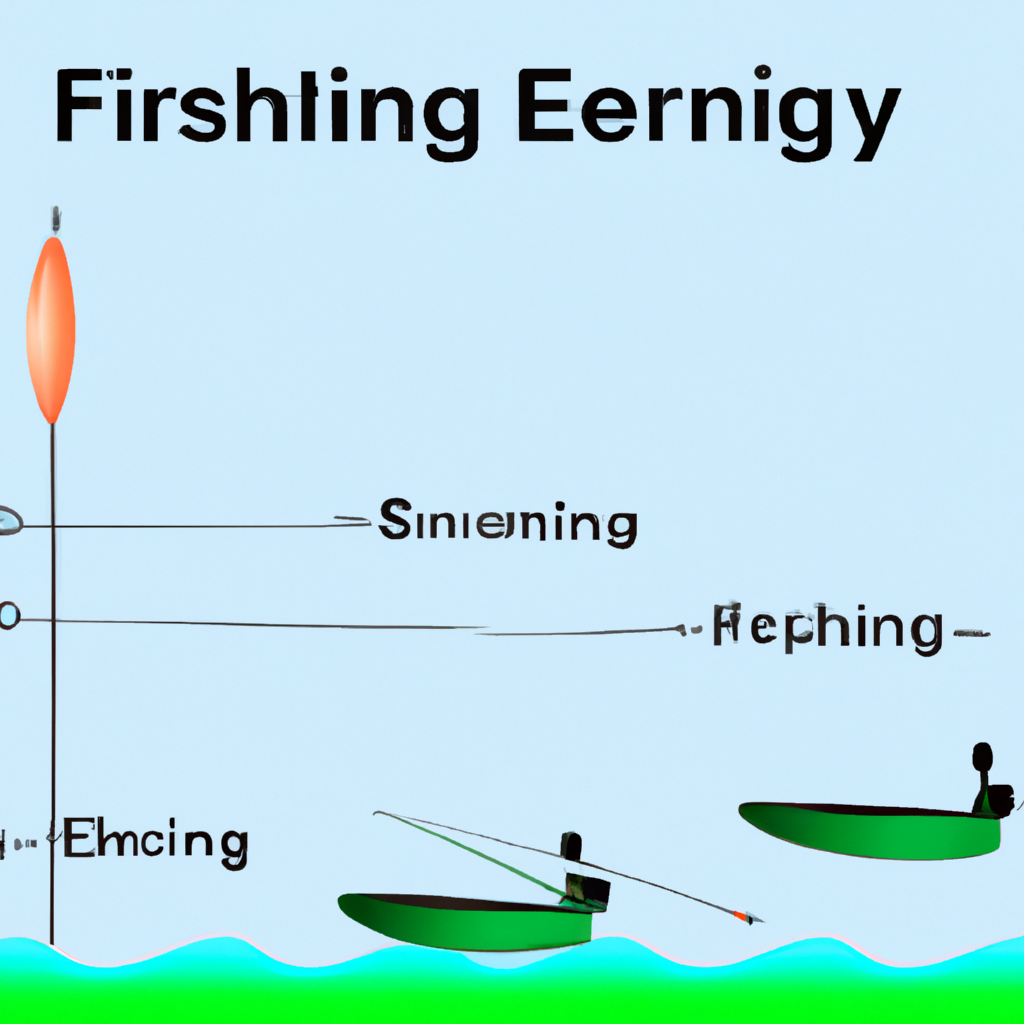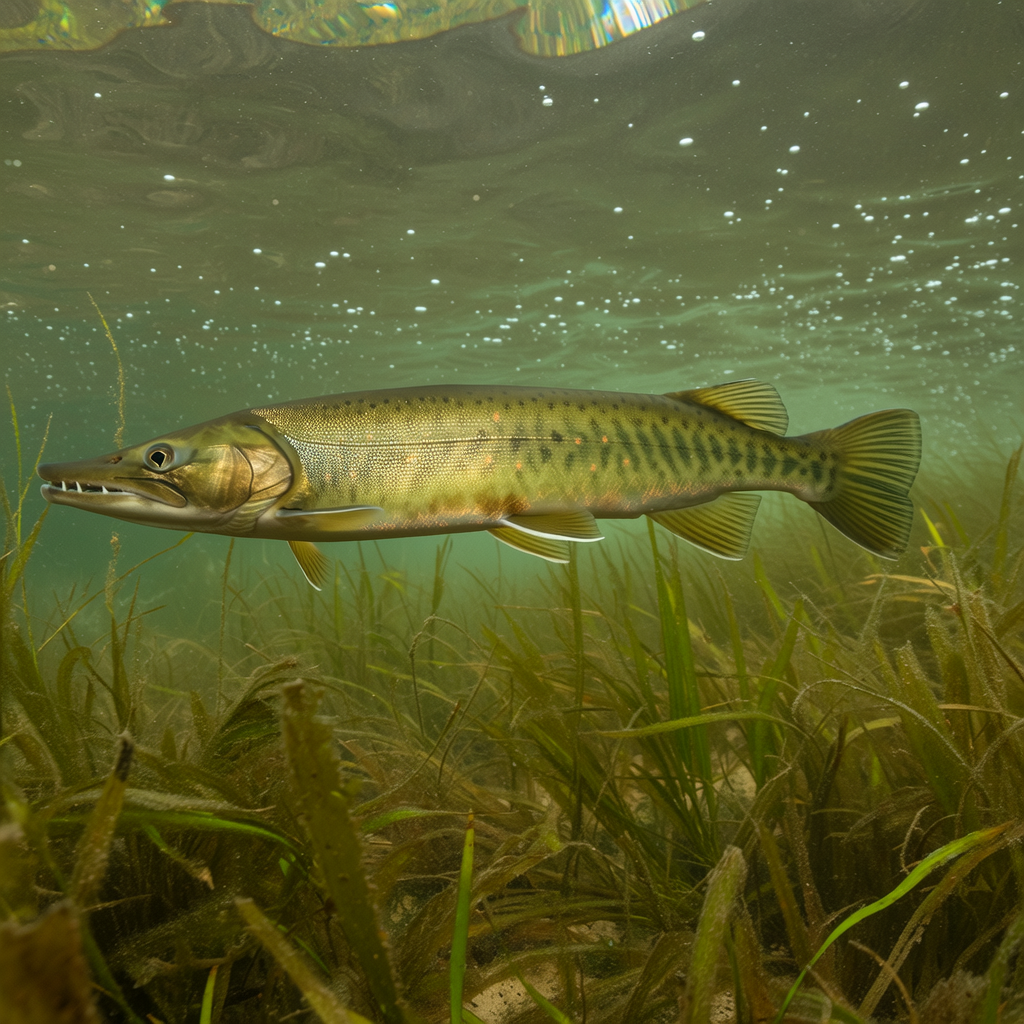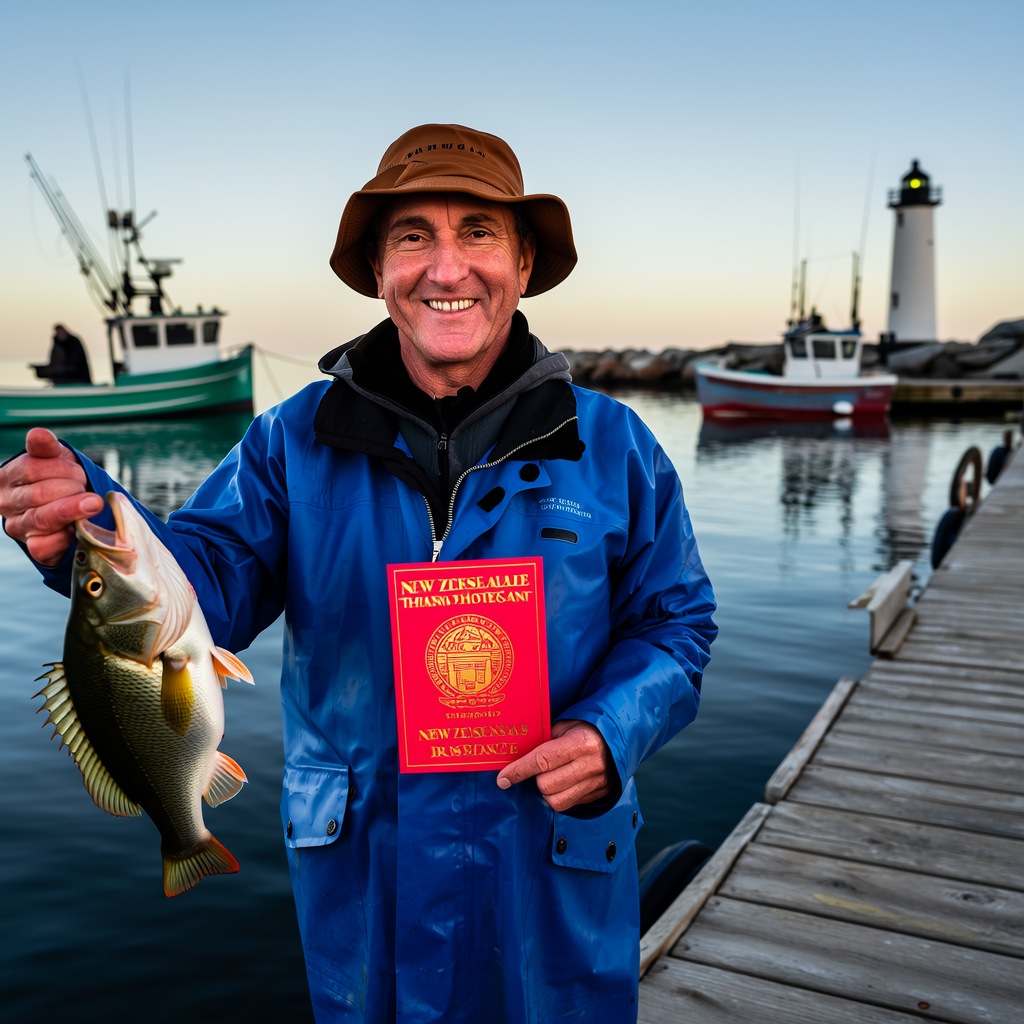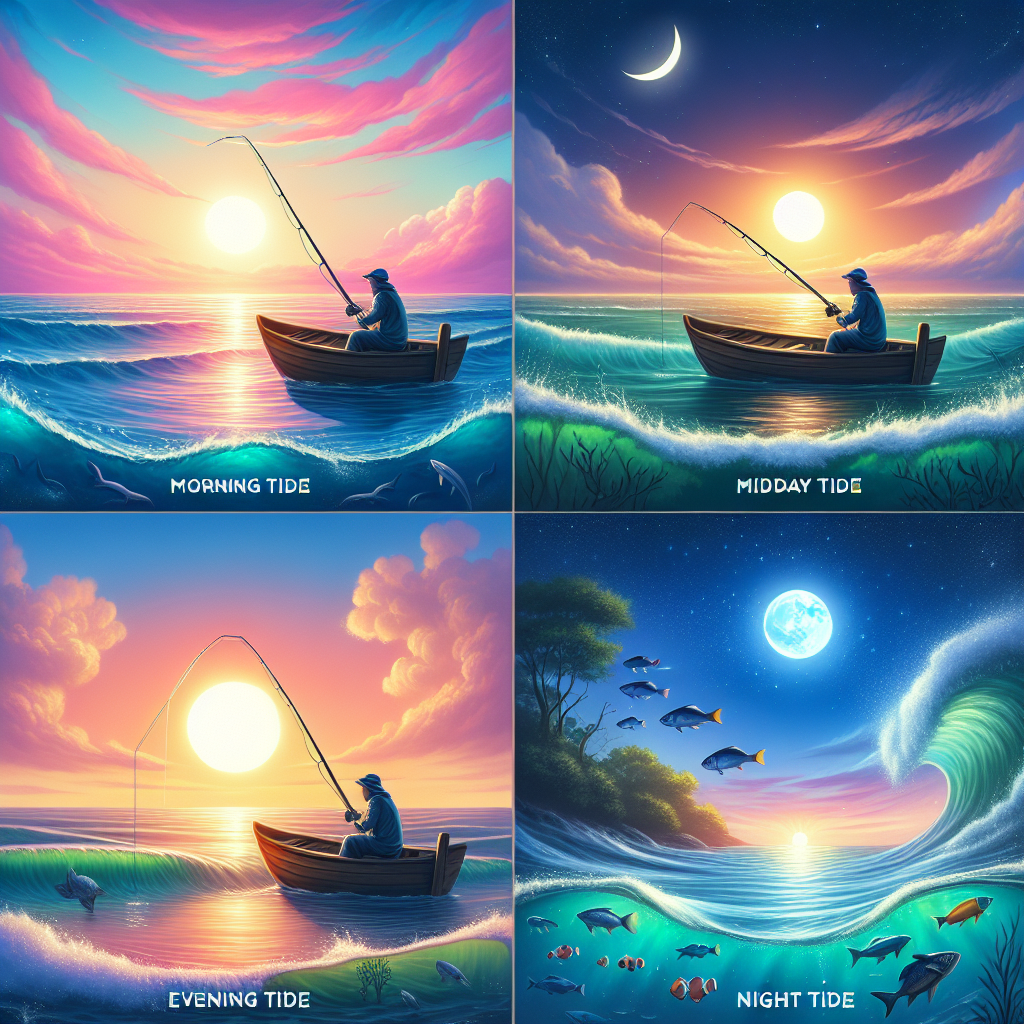Anglers who are avid fishermen know how costly fishing can be. The costs can quickly add up, whether you’re buying new rods and reels or investing in expensive baits and lures. What if we told that you can still enjoy the sport without spending a lot of money? Free fishing is what we are referring to. This comprehensive guide will show you how to find free fishing spots and tips for success.
What is free fishing?
Free fishing is the practice of fishing in public bodies such as rivers or lakes without paying for access. This may also include fishing on private property, with permission from the owner, but without paying a fee. Although free fishing may not offer as many amenities or conveniences as paid areas, it can still be an excellent way to enjoy the sport without spending too much money.
Where can you find free fishing spots?
Finding the right spots to cast your lines is the first step to enjoying free fishing. Here are some suggestions:
Public Lakes and Rivers
Most areas have public water bodies that are available for fishing. These could be state or national parks, wildlife areas, or other public lands. To find out more about the free fishing opportunities in your region, contact your state’s department or parks and recreation department.
City Parks and Ponds
Many cities have parks that offer fishing for free. These can be small lakes or ponds that are stocked with fish or larger bodies of water that offer a variety fishing options. For more information on free fishing opportunities in your area, contact your city’s parks-and-recreation department.
Private Property
You may be able find landowners willing to let you fish on their property for no additional cost. Although it may take some research and networking, this can be a great way of accessing private waterways that aren’t open to the public.
Tips for successful free fishing
Once you have found a spot for free fishing, the next step is making the most of your time out on the water. Here are some tips to make free fishing a success.
Research the Waterway
Before you go fishing, make sure you do your research on the waterway. To get a feel for the depth, structure and potential fishing hotspots, look at satellite images and maps. Ask local tackle and bait shops for information about the types of fish that are caught in the area and the best baits and lures.
Get the Right Gear
You don’t have to spend a lot on expensive equipment to fish for free, but it is important to have the basics. You will need a rod and reel that is appropriate for the species of fish you are targeting as well as a selection baits and lures. To make your trip more enjoyable, bring plenty of water, sunscreen, insect repellent, and a good deal of energy.
Pay attention to the weather
Weather can have a huge impact on your fishing success. It’s important that you pay attention to the forecast. Overcast or cloudy days are ideal for fishing as the fish will be more likely to be in shallower water. Warm sunny days can drive fish to deeper water or cover. Windy conditions can make casting more difficult, so adjust your approach if you feel the wind picking up.
Be Patient
Fishing requires patience. Even if you are in the right spot, it might take some time to catch a fish. You can expect to spend several hours on the water and not get a bite immediately. Keep your eyes on your technique and continue to experiment with different lures and baits until you find the best.
Is free fishing legal?
Free fishing is generally legal provided you fish in public waters and have permission from the landowner for private fishing. It is important to ensure that you are following all local regulations. There may be restrictions depending on where you live on what fish you can catch, how many fish you can keep and what equipment you can use. You could face fines or other penalties if you ignore these regulations. It’s better to do your research upfront.
Conclusion
Free fishing is a great way to experience the thrills of fishing without spending too much money. You can have a great time on water by researching the options, finding the right gear and being patient.




